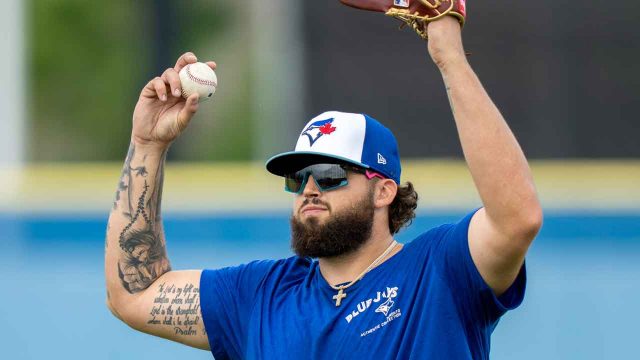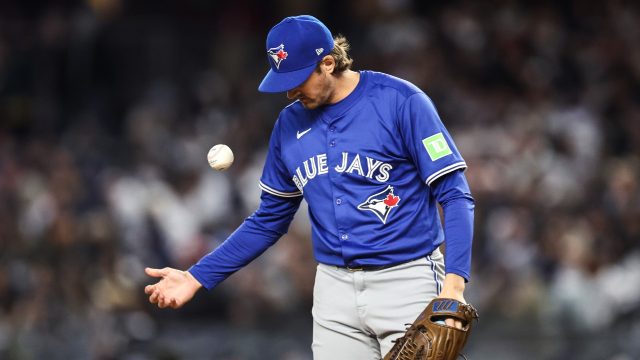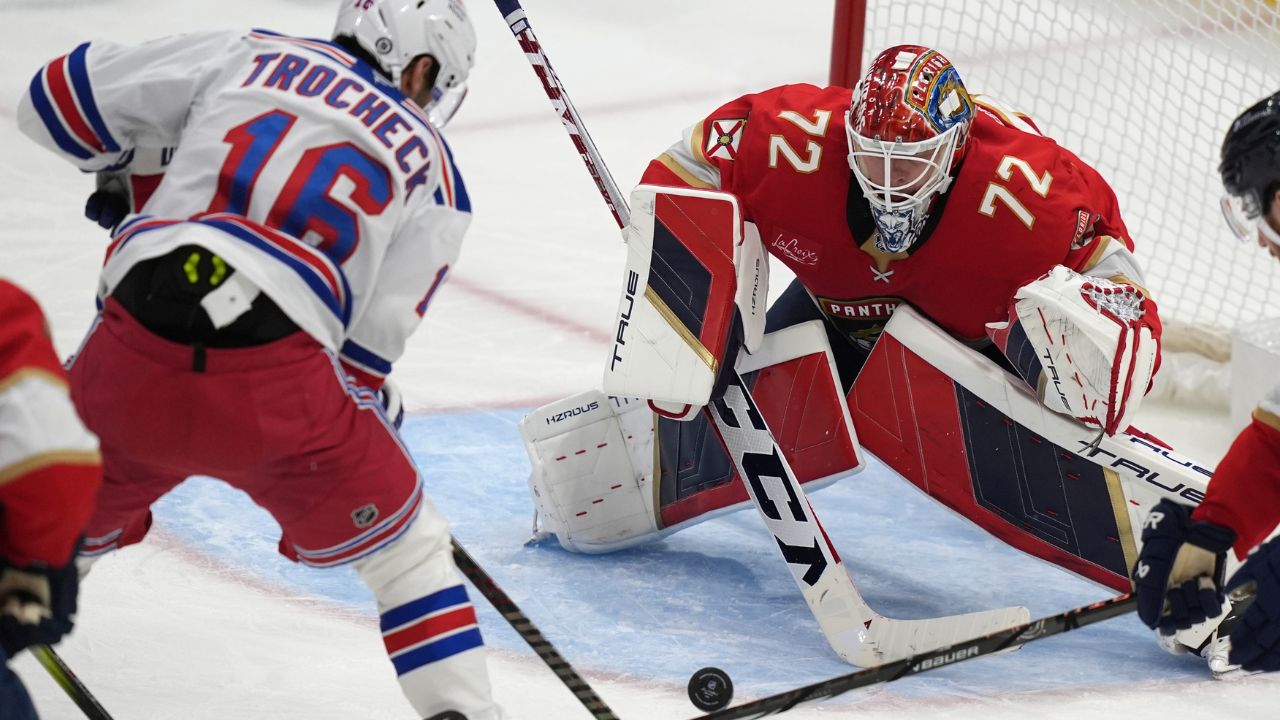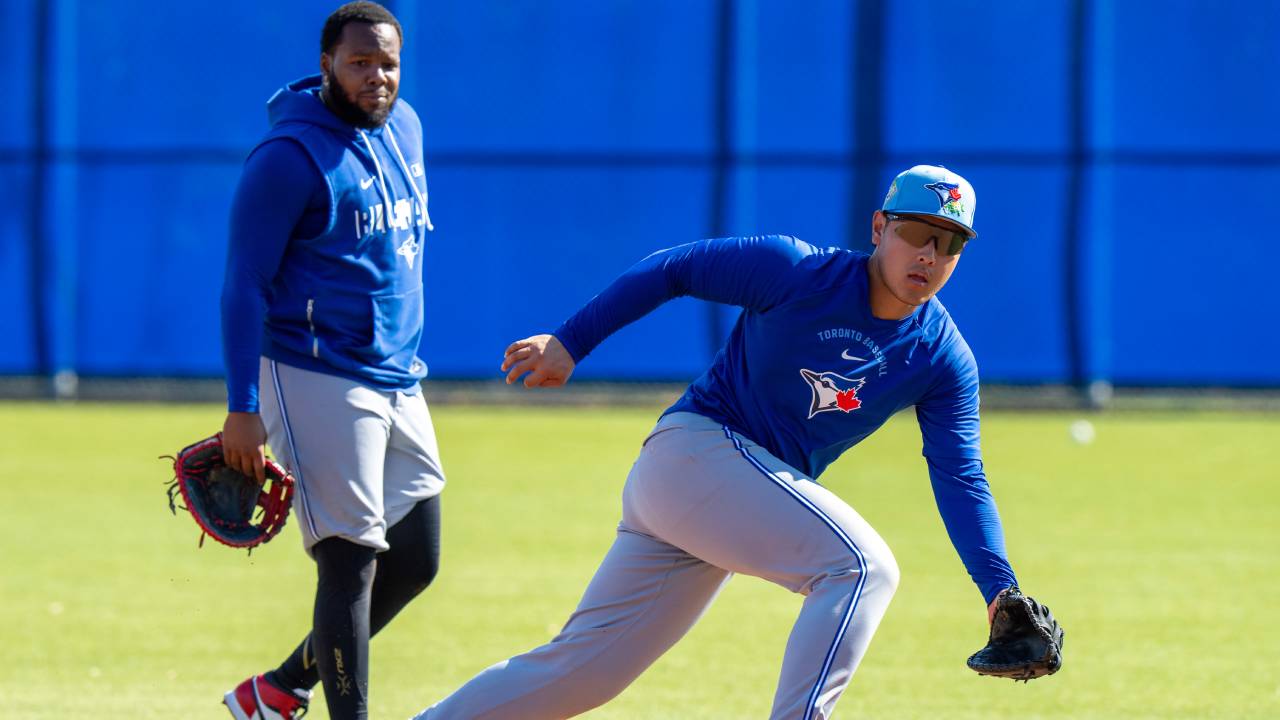
NEW YORK — The Toronto Blue Jays were still trying Sunday to make sense of a bizarre catcher’s interference call the previous night, speaking with Major League Baseball officials about the potential for manipulation of a rule’s open-ended wording.
Brian Serven was called for interference to begin the bottom of the second inning in Saturday’s 9-8 New York Yankees win when he fully caught a called third strike by Kevin Gausman before batter Anthony Volpe checked his swing into the catcher’s glove.
Crew chief Lance Barksdale ruled it a strikeout with no interference, but the Yankees challenged and replay officials overturned the call. Technically, that was the right thing to do as Rule 6.01 (c) states that the batter is be awarded first base “when the catcher or any fielder interferes with him,” without distinguishing a start or end point.
That prompted manager John Schneider to say the rule is “almost like a loophole” which could prompt teams to instruct hitters that “if it’s called strike three, throw your bat out there and see if you get lucky.”
While the play was a first for the Blue Jays, the league has seen an increase in similar interference calls and is concerned enough that it’s examining whether action is needed.
Such a practice, were it to take hold, is an obvious safety risk for catchers and while an X-ray on Serven’s left hand taken Saturday night was negative, he played without feeling in his hand for the rest of the game and was working through significant swelling Sunday.
“I’ve had catcher’s interference before, but where it was actually a full swing and they hit my lace or whatnot,” said Serven. “I’ve never seen it where the ball’s already been caught and then the guy check-swings, doesn’t even really attempt at hitting the ball and hits my hand. I’ve never seen that before.”
Serven tends to set up further back than other catchers, making him an unlikelier candidate to be called for interference. He noted that Volpe has a deeper swing and that’s something to perhaps keep in mind next time, but “that was a funky one because I’d already caught it, he had already frozen and then last second kind of threw the bat at my hand. Angel (Hernandez) called it a goofy play. I think it was just pretty goofy.”
Serven agreed with Schneider’s description of loophole within the rule, saying the call against him isn’t, in his opinion, “how the rule is meant to be implemented.”
“If you watch the video, his bat didn’t really come through the zone, it came back towards me, which when you go to hit the ball, normally you attack out in front,” he explained. “I don’t know if people are actually going to try to exploit it … hopefully not for catchers’ sake. But you might start seeing guys that get fooled or beat, especially on pitches towards them, like a pitch that a catcher reaches more towards their body, just late swing like that. Flick late and behind and see what happens.”
Schneider’s solution is a simple one.
“I think if it hits the catcher’s glove and the umpire says strike three, you’re out,” he said. “That would be ideal, I think.”






